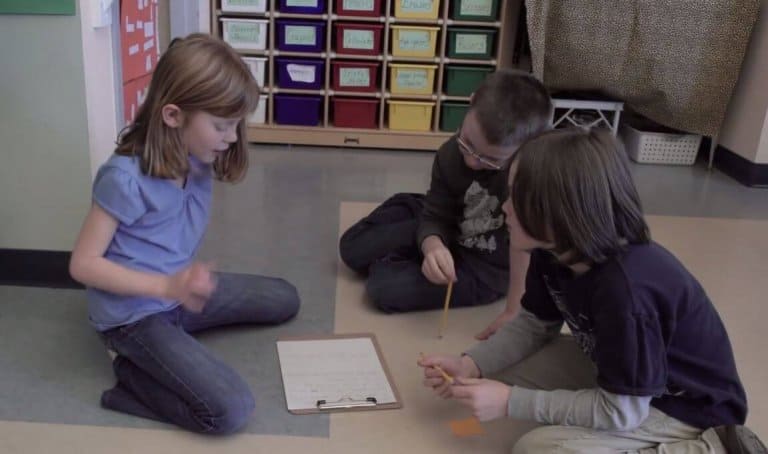5 Most Important Factors in Social Emotional Learning

Social emotional learning also referred to as SEL, is a newer addition to the public school system, and many private schools. It can be easily integrated into a homeschool curriculum.
This concept is integrated into almost every subject a child takes in school, and it provides them with essential emotional management tools. It has many goals that provide a positive outcome for children, and they will eventually incorporate these skills into their daily work life as an adult.
What is Social Emotional Learning?
Social emotional learning helps children learn to regulate their emotions and the way they react to situations. It also focuses on developing a positive attitude and develop positive goals. Children must be guided in developing empathy for other people, and managing positive relationships in life.
Through social emotional learning, a child is closely monitored in their social and interpersonal relationships in school. Teachers are constantly watching for interpersonal problems that children have, and are ready to help guide them through difficult times.
Social Emotional Learning Standards
The standards for social emotional learning are set by individual school systems. However, the majority of districts get their curriculum through Casel and modify them to suit the needs of the student population, and the abilities of their staff. There are separate guides for preschool/elementary school students and middle/high school students. This is because these age ranges require different emotional support from school staff.
The 5 Main Factors in Social Emotional Learning
Independent research has proven that utilizing social emotional learning, or SEL, improves student's academic performance dramatically. Some studies have shown an increase in performance by up to 11 to 17 points.
The curriculum for social emotional learning helps students learn how to interact positively in social situations. This not only helps them build stronger interpersonal relationships, it builds a foundation for working with others in a job setting later in life.

For social emotional learning to be effective, it must be taught on a school-wide basis. It employs a school-wide, family involved plan to build a more empathetic, socially acceptable community. While in school, students are taught five life skills that are necessary for building a successful future.
Skill 1: Self-Awareness
Being aware of one's self involves an understanding of a number of factors affecting well-being at any given time. Every student will learn to become aware of their emotions, their values, and their personal goals. They will learn how to be self-sufficient and develop a positive attitude to the expectations set for their daily life. Children will learn to be optimistic toward everyday life. Over time, children will learn how their personal feelings, their thoughts toward different situations, and their actions directly affect their life.
Skill 2: Self-Management
The skills surrounding self-management involve developing a positive attitude that allows a person to control their own emotions. By controlling their emotions, they can also learn to control the behaviors associated with these emotions. Over time, a child can learn to accept delayed rewards, control the amount of stress they experience, create impulse control, and grow with the challenges they face on the way to goal achievement.
Skill 3: Social Awareness
Social awareness is a skill that most adults possess. It is the ability to understand other people's points of view. It also allows us to empathize with others and experience compassion for people who come from different situations walks of life. It also allows children a clear view of what society views as normal and acceptable.
Skill 4: Relationship Skills
In order to build bonds with other people in life, it is necessary to develop relationship skills. SEL teaches children how to develop and maintain relationships with other people that are rewarding. These skills allow children to understand how society expects people to act in different types of relationships. They build skills in communicating, how to listen actively, how to cooperate with other people. It also teaches them how to react to peer pressure, how to negotiate relationship conflicts, and how to constructively solve differences.
Skill 5: Making Responsible Decisions
Making responsible decisions involves the discovery of making well-thought out decisions. It also allows making wise personal decisions and controlling one's personal behavior. It also helps one regulate various social interactions in different life situations. It also teaches children how to make decisions based on their ethical standards and how to make decisions according to the social norms. It also them to understand how their decisions affect the health and well-being of themselves and the people around them, along with the consequences that go along with them.
As you can see, the skills taught in the social emotional learning curriculum are necessary to live a happy, healthy life, and to thriving in a job as an adult. The earlier children learn these skills, the stronger they become as the child ages. By adulthood, they will have mastered these important skills and develop healthy friendly and romantic relationships with other people.







Leave a Reply